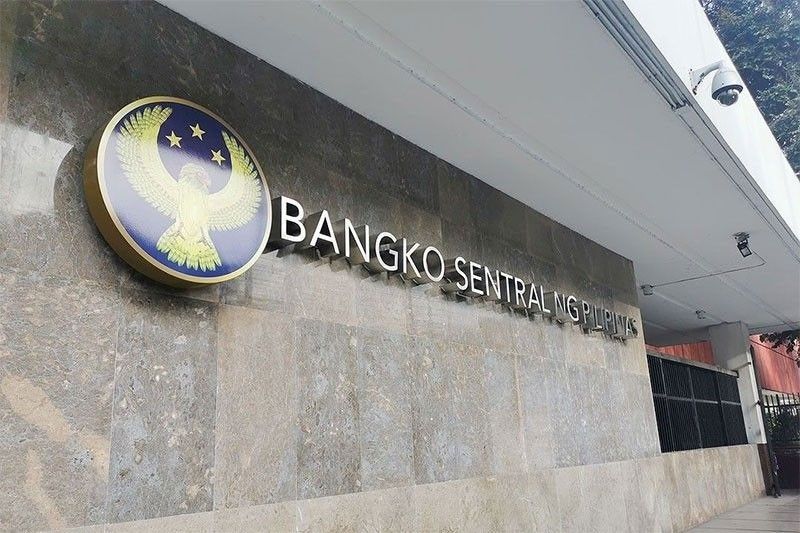BSP steps up consumer protection program
Keisha Ta-Asan – The Philippine Star April 2, 2024 | 12:00am In a draft circular, the BSP said it would adopt the Financial Consumer Protection and Market Conduct (FCPMC) supervision framework and implement various provisions of Republic Act 11765, or the Financial Products and Services Consumer Protection Act (FCPA). STAR / File MANILA, Philippines — […]


Keisha Ta-Asan – The Philippine Star
April 2, 2024 | 12:00am
In a draft circular, the BSP said it would adopt the Financial Consumer Protection and Market Conduct (FCPMC) supervision framework and implement various provisions of Republic Act 11765, or the Financial Products and Services Consumer Protection Act (FCPA).
STAR / File
MANILA, Philippines — The Bangko Sentral ng Pilipinas (BSP) is adopting a framework which will assess any business conduct or practices that may cause harm to financial consumers.
In a draft circular, the BSP said it would adopt the Financial Consumer Protection and Market Conduct (FCPMC) supervision framework and implement various provisions of Republic Act 11765, or the Financial Products and Services Consumer Protection Act (FCPA).
The FCPMC framework provides an overview of the principles, concepts and processes involved when the BSP assesses the financial consumer protection (FCP) risks of a BSP-supervised institution (BSI).
Different from the BSP Supervisory Assessment Framework (SAFr), the FCPMC is focused on the impact and risks of business operations to consumers. The SAFr, on the other hand, looks at market conduct risks and its impact on the BSI as a financial service provider.
The FCPMC framework has three major elements, namely the BSI’s impact on financial consumers, the BSI’s risk management assessment and the corresponding supervisory intensity.
“A BSI with higher FCP impact and higher FCP risk profile requires a more intense FCPMC-focused supervision,” the BSP said.
The FCP impact assessment of the framework will capture the possible impact of a BSI’s failure to identify, measure, monitor and mitigate risks that could harm consumers. It involves evaluating the size and complexity of operations such as the BSI’s dependency on third parties for consumer-facing activities and the profile of its retail client base.
The framework will also have impact indicators, which are quantitative and qualitative information that are analyzed to determine whether a BSI’s FCP impact grade is “low,” “moderate,” “above average” or “high.”
“BSIs with High FCP Impact Grade shall be prioritized to merit the conduct of regular FCP Risk Management Assessment and commensurate degree of FCPMC Supervisory Intensity by the BSP,” it said.
An above average impact grade will also be prioritized, but subjected to other factors that the BSP will determine. BSIs with moderate and low impact grades will only see an appropriate degree of supervisory intensity.
Meanwhile, the risk management assessment process will focus on the quality of a BSI’s consumer protection risk management system (CPRMS), the BSP said.
“It aims to determine the adequacy, efficiency and effectiveness of the BSI’s CPRMS in identifying, measuring, mitigating and controlling risk events and incidents that could pose direct or indirect harm to its clients in particular, and to financial consumers or the public in general.”
The results of the assessment will become the BSI’s risk profile, indicating if a BSI’s CPRMS is “strong,” “acceptable,” “adequate” or “weak.”














